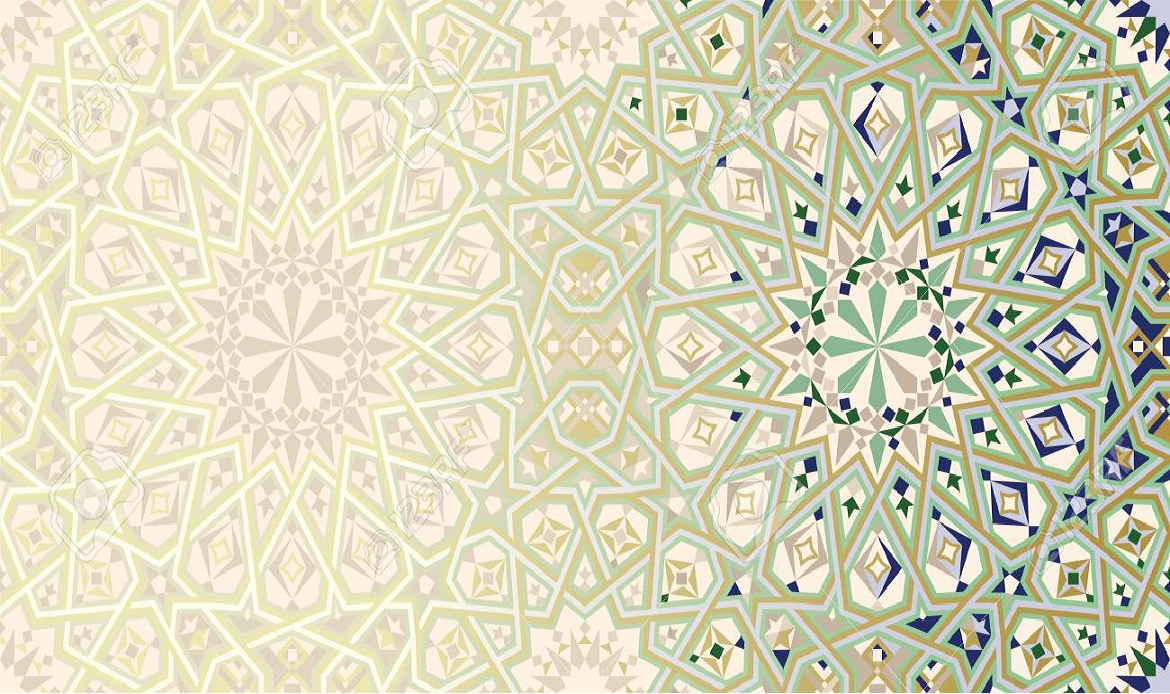A mode of trading (mutajarah) which involves the exchange of one asset for another without resorting to a medium of exchange (i.e., money). In other words, it refers to the direct exchange (muqayadah) of a non-monetary item for a non-monetary item. An example is the sale of a commodity (say, rice) for another commodity (say, dates). This mode of trading was particularly popular in old days due to the lack or non-existence of money (dinar or dirham). Nowadays, it may be resorted to at times of hyperinflation (e.g., Germany in the aftermath of the World War II). In essence, ba’i al-‘ayn bil ‘ayn employs the principle of the double coincidence of wants. Shari’a permits ba’i al-‘ayn bil ‘ayn because it helps meet individuals’ needs for different goods and services.
As a type of sale (ba’i), ba’i al-‘ayn bil ‘ayn is based on the same elements of aqd al-ba’i (contract of sale), though it is void of the price element. Furthermore, the two underlyings (object of muqayadah) must not be monetary, lest the sale turns into sarf (the two underlyings are monetary), or into absolute sale (ba’i mutlaq) or salam sale (in case one underlying is monetary). The objects of muqayadah must be exchanged at the time of trading, and no deferment of each is imaginable in shari’a view. Moreover, shari’a maintains that ba’i al-‘ayn bil ‘ayn must not involve anything that belongs to the class of riba al-fadhl items.
This sale is also known as ba’i al-muqayadah.



